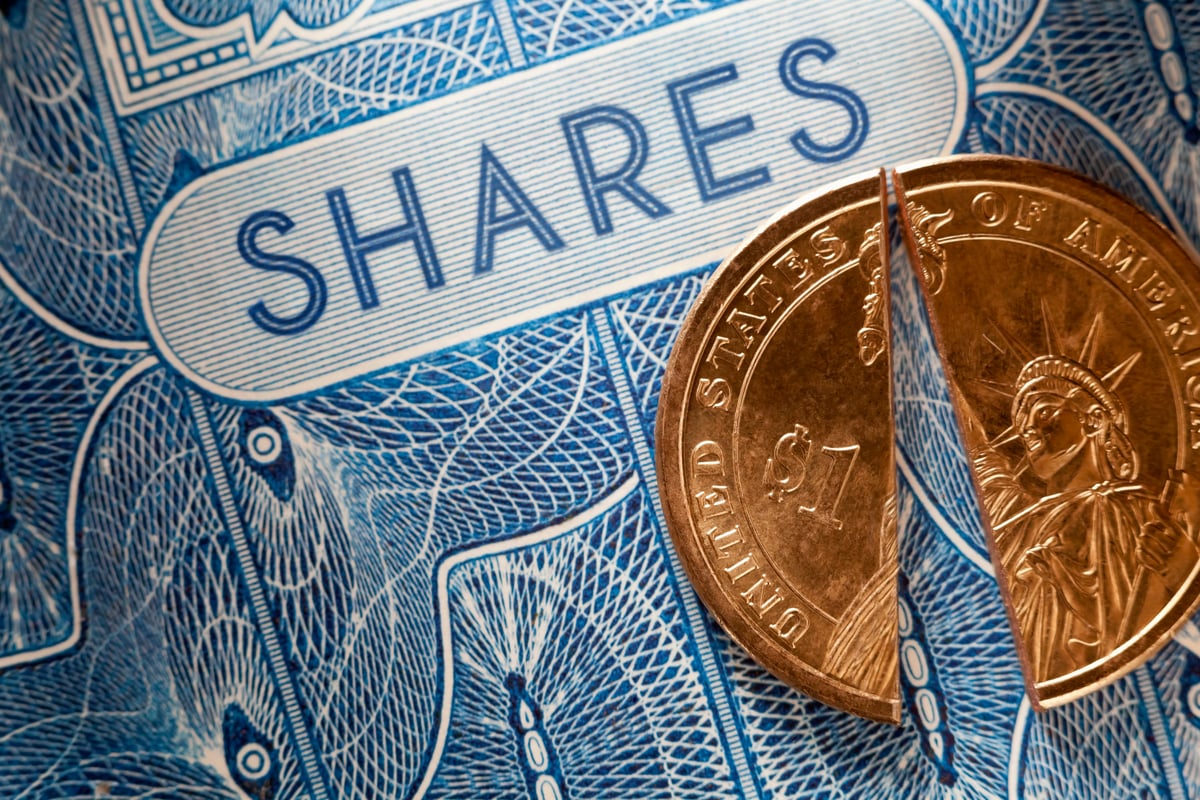Carl Icahn recently opened a 10% ownership stake in online video company Netflix (NFLX 1.19%). Icahn says he's interested in finding a buyer for the company, which is in line with his history as a corporate raider.
So, of course, Netflix said "shields up!" and adopted a poison-pill provision. If Icahn or anyone else builds a large enough Netflix position, the company would print a metric ton of new shares to defuse hostile takeover plans -- at least for a while.
On top of this, Netflix already had a staggered board and other defenses, so it would take at least three years to replace the board by regular shareholder votes.
The Icahn sphere decried the defenses by amending their ownership filing. According to the statement, the move is "an example of poor corporate governance," and the company is ignoring the wishes of its shareholders to de-stagger the board. A proposal to declassify the board was approved by 76% of Netflix shareholders at this year's annual meeting, but Netflix has not taken any action on that advisory vote.
Everyone else is doing it. Why can't we?
Is Icahn's fury just the protest of a jilted partner, or have these anti-takeover tactics really fallen that far out of favor?
Netflix is a component of the NASDAQ-100 index, but it's too small and too young for the more influential S&P 500 or Dow Jones Industrial Average (^DJI +0.48%) portfolios. Let's step all the way up to the top of the ladder to see how the market's finest companies run their defense systems.
According to S&P Capital IQ, there are no active poison pills among the 30 Dow stocks today -- zip, zero, zilch. Then again, none of these blue chips are facing hostile takeovers, either.
How about the staggered board? That's actually not a clean sweep: Two of the 30 Dow members run their boards this way. That would be McDonald's (MCD 0.51%) and Alcoa (AA +0.00%), and both of them already agreed to declassify their boards thanks to heavy shareholder pressure.
McDonald's also had a poison pill once -- way back in 1985, when the rumor mill whispered that Philip Morris might buy the company. The plan was never set into motion, and it expired unused in 1998. The fast-food giant does have a blank check to issue preferred stock as a takeover defense -- a common provision that McDonald's, Netflix, and Alcoa have in common with 27 of the 30 Dow stocks, along with 464 S&P 500 members.
The final verdict
So if you see the Dow as a blueprint for high-quality corporate-management principles, Netflix comes off looking pretty bad today. The Dow is already wiped clear of active poison pills and will soon lose its last handful of classified boards.
You'll find some support for Netflix-style tactics in the wider S&P 500 net, where 21 companies currently fortify themselves behind staggered board elections and poison pills. This posse includes MetroPCS Communications (PCS +1.34%), where they didn't stop a pending merger with T-Mobile USA. JDS Uniphase (JDSU +3.92%) also fits the bill, even though the optical-networking specialist doesn't have any buyout buzz right now. For what it's worth, four of the S&P stocks with heavy defenses have qualified for a five-star rating (out of five) on Motley Fool CAPS, while none display the dreaded one-star badge. That means that you can build thick walls and still earn serious trust and respect from common shareholders.
Icahn might come across as a petulant child here, but Netflix really should listen to its shareholders more. For what it's worth, I voted against the declassification proposal because I believe shareholders will see greater long-term returns if Netflix remains a separate company over the next few years. I may not agree with what you say, fellow Netflix owners, but I'll fight to the death to defend your right to say it.










